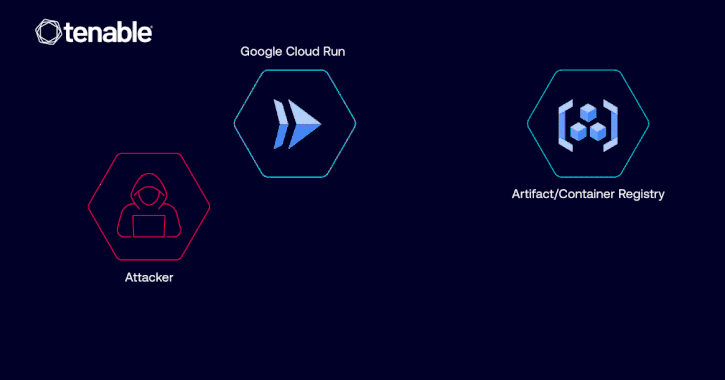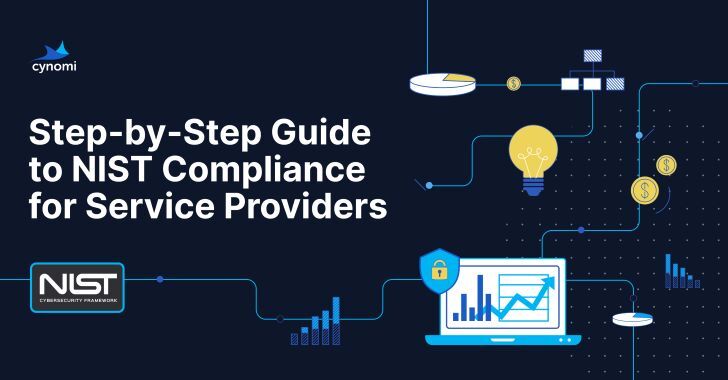An Easy Guide to Cybersecurity Compliance Acronyms
Everything You Wanted to Know About This Cyber-Alphabet Soup (But Were Afraid to Ask)
Knowing what you don’t know (yet) is half the battle. Don’t enter the cyber warzone unprepared!
In today’s challenging cybersecurity landscape, knowing how to decipher the acronym soup formulations designating various security frameworks and certifications – SOC 1, SOC 2, ISO, HIPAA, forced use of complex passwords that look like XY331@$7Pl!*2 – can be a matter of life and death for your business.
While knowing everything you might need to know to safely navigate today’s compliance environment is beyond the scope of a short article, we can gently introduce you here to some of the most common acronyms that will increasingly be part of your daily life if you want to stay in business.
Understanding Cybersecurity Compliance
Cybersecurity compliance entails adhering to a set of established regulations governing the safeguarding of sensitive information and customer data. These regulations can be established by legal authorities, regulatory bodies, trade associations, or industry consortia.
The General Data Protection Regulation (GDPR), which originates from the European Union, imposes stringent cybersecurity requirements on all organizations within its jurisdiction.
ISO 27001, promulgated by the International Organization for Standardization, represents a globally-recognized set of voluntary best practices for managing information security. Customers now increasingly expect the assurance that compliance offers, as data breaches and information leaks can significantly impact their operations, revenues, and reputation.
Choosing the Right Cybersecurity Compliance Standard
The measures taken to secure confidential hospital patient records differ from those required to protect customers’ financial data.
In some industries, particularly in sectors handling sensitive personal information like healthcare and finance, compliance is a legal obligation. In certain instances, cybersecurity regulations overlap among industries. For example, if your business processes credit card payments in the European Union, you must comply with both PCI DSS (Payment Card Industry Data Security Standard) and GDPR.
While standards like risk assessments, encrypted data storage, vulnerability management, and incident response plans are common across compliance standards, the specific systems and operations that need protection, as well as the methods employed, vary from one standard to another.
Below, we delve into some of the most prevalent compliance standards applicable to startups and SaaS companies dealing with digital data.
GDPR – Protecting EU Citizens’ Data
The General Data Protection Regulation (GDPR) is a sweeping legislation governing the collection and storage of personal data of European Union citizens. Non-compliance can lead to substantial fines, and the EU is resolute in enforcing these penalties.
Any entity collecting or processing personal data of EU residents, regardless of their geographical location or online activities, falls under the purview of GDPR. If your business engages with EU residents, GDPR compliance is mandatory.
SOC 2 – Tailored for Digital Service Providers
System and Organization Controls, as defined by the American Institute of Certified Public Accountants, refers to a set of reports generated during an audit. SOC 1 reports focus on internal controls related to the production of financial statements. SaaS and cloud-native businesses offering digital services and systems are intimately familiar with SOC 2, which focuses on the storage, handling, and transmission of digital data.
There are two types of SOC 2 reports:
Type 1 provides a snapshot of your cybersecurity posture at a specific moment.
Type 2 involves ongoing audits by external assessors to ensure continual compliance, with reviews and renewals occurring annually.
SOC 2 is the preferred security framework for growing SaaS providers. Compliance with SOC 2 necessitates the implementation of controls and safeguards related to system monitoring, data breach alerts, audit procedures, and digital forensics.
ISO 27001 – The Gold Standard for Information Security
ISO, known for producing voluntary standards across various industries, offers ISO 27001, focusing on best practices for managing information security. Many large enterprises and government agencies insist on working with ISO-certified entities, a status that is not easy to obtain. ISO 27001 compliance can be time-consuming and costly.
Third-party auditors validate your implementation of relevant best practices in line with the ISO standard. There isn’t a universal checklist for ISO 27001 certification; you decide the scope and framework, and auditors assess each case accordingly.
ISO 27001 primarily centers on risk management, which evolves as new cyber threats emerge. Incorporating automated vulnerability management through tools like Intruder into your security controls is vital to assess and address emerging risks. Automated compliance platforms, such as Drata, can expedite this process.
PCI DSS – Securing Cardholder Data
The PCI Data Security Standard (PCI DSS) was jointly developed by the PCI Security Standards Council and major card brands (American Express, Mastercard, and Visa). It regulates organizations storing, processing, or transmitting cardholder data.
Who Needs PCI DSS Compliance?
In theory, any entity handling card payment transactions must comply, but the specific requirements depend on the volume and type of payments processed. Third-party card payment providers like Stripe or Sage often handle this process and offer validation assistance.
PCI DSS mandates a rigorous vulnerability management program, but achieving accreditation can be complex. Third-party payment providers typically automate PCI compliance and validation, simplifying the process for smaller businesses.
HIPAA – Safeguarding Patient Data in Healthcare
HIPAA, or the Health Insurance Portability and Accountability Act, governs the storage and transfer of patient data within the US healthcare industry. Compliance is a legal requirement in this sector.
HIPAA compliance is mandatory for any entity handling patient information in the US or conducting business with HIPAA-compliant companies in the US.
HIPAA compliance can be intricate. It necessitates a risk management plan with adequate security measures to mitigate risk to an appropriate level. While HIPAA doesn’t prescribe a specific methodology, vulnerability scans or penetration tests using tools like Intruder should be integral components of the risk analysis and management process.
Cyber Essentials – Basic Cyber Hygiene
Cyber Essentials is a UK government-endorsed program designed to assess if businesses are adequately protected against common cyberattacks. Businesses bidding for UK government contracts that involve sensitive personal information or providing specific technical products and services are required to attain Cyber Essentials compliance.
The basic certification involves a self-assessment of fundamental security controls. For a more comprehensive evaluation, Cyber Essentials Plus offers hands-on technical certification, incorporating vulnerability testing facilitated by automated tools like Intruder. The internal test involves authenticated internal scans and assessments of device security and anti-malware configurations.
Simplifying Compliance with Automated Tools
Compliance can appear daunting and resource-intensive, but the costs associated with data breaches, settlements, reputation damage, and fines can far exceed the effort invested in compliance. Moreover, lacking the certifications customers expect can result in missed business opportunities.
Although meeting cybersecurity requirements appears to be a daunting process, there are tools available to automate compliance procedures and ensure that your business does not fall afoul of legal and regulatory requirements. The good news is that some of the most effective automation software solutions do not cost an arm and a leg.
Cyber Defense Advisors can help you simplify the complexities when it comes to implementing cybersecurity standards and practices that will enable your business to thrive safely, while minimizing compliance expense burdens on your bottom line.
Contact us to learn more.






